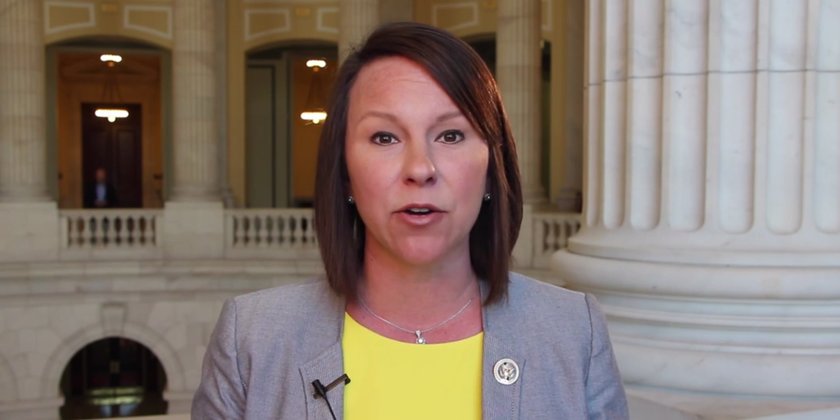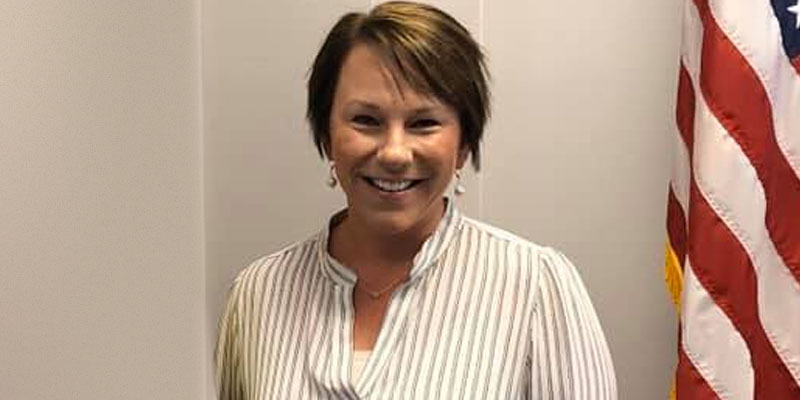Did you know that four billion people on the planet use a mobile phone? Over the past two years alone, 90 percent of all the world’s data has been generated. NASA plans to put man on Mars within the next 20 years, and self-driving cars are being tested around the world.
Right now, we are living in the “future” we’ve talked about for generations, and our modern world requires a workforce educated in science, technology, engineering, and math, commonly known as STEM.
Between the years 2000 and 2010, STEM-related jobs grew at three times the rate of non-STEM jobs. But, at the end of 2018, nearly 2.4 million STEM jobs went unfilled, because STEM education is not readily available for many students, especially in rural areas of our country. This is a critical problem, and I will briefly share some numbers to demonstrate just how important it is that we fix it.
The number of STEM jobs is projected to increase by 13 percent by 2027, compared to nine percent for non-STEM jobs. Opportunities in computing, engineering, and advanced manufacturing will lead. The average median hourly wage for STEM jobs is $38.85, while the median earning for all other types of jobs in the United States is $19.30. The national average for STEM job annual salaries is $87,570, whereas the national average for non-STEM occupations is $45,700 – roughly half.
The STEM fields provide fantastic career opportunities, but according to the National Math and Science Initiative, only 36 percent of all American high school graduates are ready to take a collegiate science course. According to the Department of Labor, universities in the United States are only expected to produce 29 percent of the number of graduates necessary to fill the 1.4 million vacant computer specialist job openings.
The demand isn’t going to disappear, so it is our responsibility to expose the next generation of workers to STEM education so they will be equipped to fill these important jobs that will lead us further into the future we envision.
I recently participated in a Commerce, Justice, and Science Appropriations Subcommittee hearing on STEM engagement, during which I had the opportunity to speak directly with experts from NASA and the National Science Foundation. Since we are experiencing such a severe workforce shortage, I brought up the issue of how we can generate increased interest in STEM-based jobs for the next generation. I also asked for an update about the programs currently in place to target underrepresented, rural areas across our country. I appreciated their time and thoughtful responses to my questions, and I was encouraged by what I learned.
In Congress, I have and will continue to support strong funding for STEM education opportunities. We must do all we can to expose more young people to these increasingly important fields so that today’s workforce is ready for tomorrow’s jobs.
Martha Roby represents Alabama’s Second Congressional District. She lives in Montgomery, Alabama, with her husband Riley and their two children.













